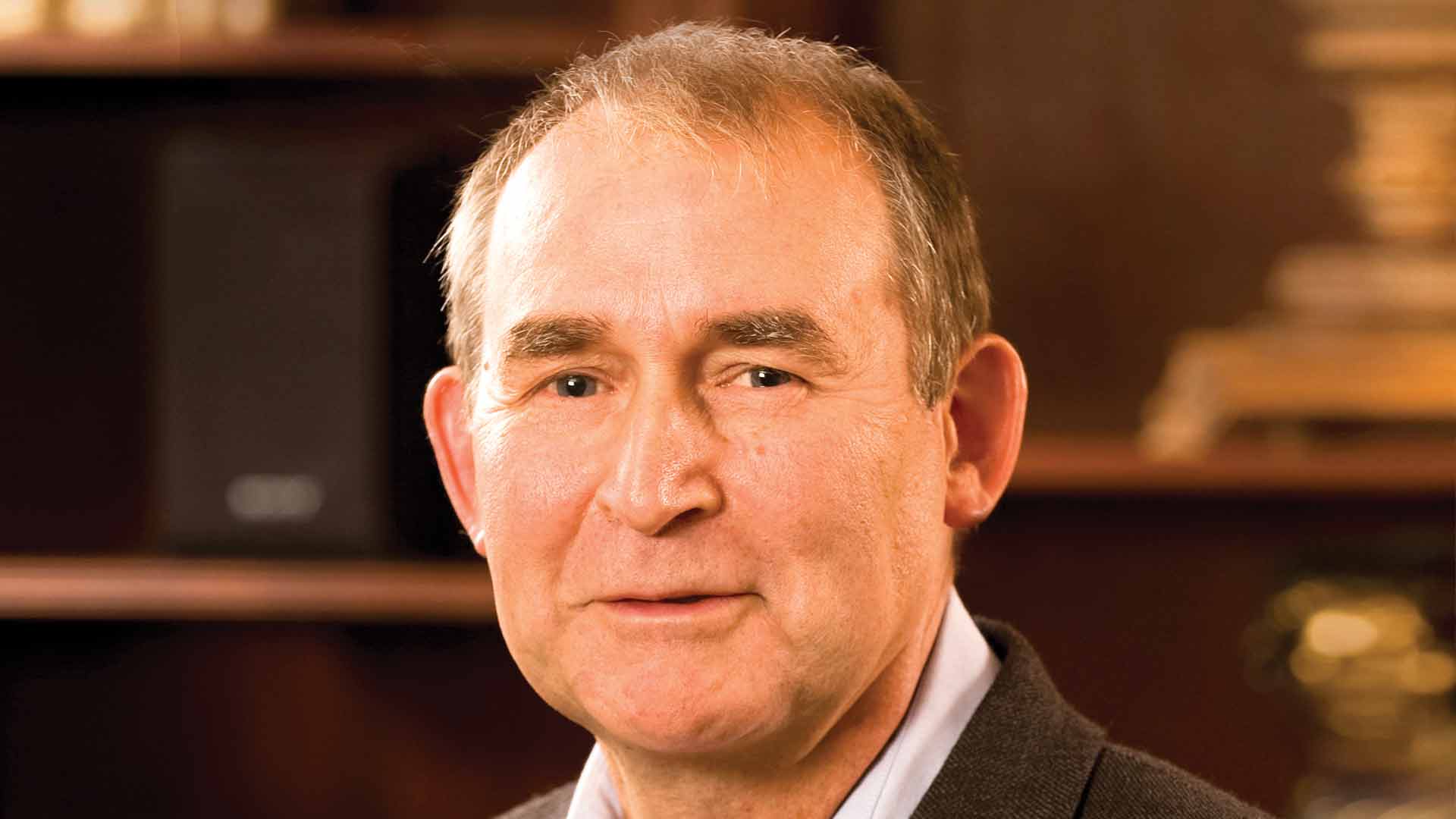This edition of the Ag Innovation News brings you an interview with AURI’s Board Chair, Ron Obermoller. Ron is a dedicated leader for the organization and brings a wealth of agricultural knowledge to the board, thanks to his many years as a farmer and leader in other commodity groups. As you will see, his insight into value-added agriculture and vision for the future of AURI will play a major role in the organization’s direction in the near future.
AIN: Which commodity group do you represent?
RO: I represent the Minnesota Soybean Council.
AIN: Please give us some highlights around your ag background.
RO: I’m a fourth generation farmer on a century-old farm near Brewster MN. I’ve worked on research for ten years with the state corn growers and on the national level for corn. On soybeans most of my efforts have been with New Uses and Production teams. I’ve been lucky to be able to work with lawmakers both on the state and federal levels. I have worked with the startup of the Minnesota Soybean Processors, which put me in a position to help develop the biodiesel industry.
AIN: With your background, which of AURI’s focus areas offer the greatest opportunities for soybeans?
RO: It really depends—They are all great opportunities. In Food there are advances being made on several fronts for soybeans from gene splicing to change the amino acid mix to better quality oils, to processing to make the meal more digestible and desirable. Coproducts are very important to soybeans because twenty percent of the bean after processing is a coproduct. It all increases the value of a commodity grown in Minnesota, which in turn improves Minnesota both rural and metro. Biobased might have the most potential of all, but it is going to take time both for the technology and markets to be developed to reach some of its potential. There is no better place to develop a center of excellence than in Minnesota. Renewable Energy: Is a growth area by improving the product and the public acceptance, but it will be a very competitive world competing with the new technology developing in the oil fields.That being said, I like coproducts in the near term for opportunities with biobased and food for the long term.
AIN: What direction do you see value-add agriculture going over the next three years?
RO: I see value-added agriculture becoming more specialized. In soy, for example, a protein profile for a specific market, for aquaculture, starter diets for baby pigs or newly hatched pullets.
AIN: What would you like to see AURI accomplish during your term on the board?
RO: In one word GROW: there are so many opportunities out there and we need to work with more of them.
AIN: As a leader of Minnesota Soy, what kind of future collaboration would you like to see with AURI?
RO: I’m impressed with the collaboration the two organizations have developed over the past few years. There are times when AURI pushes the soybean organization and times when they push AURI, which I see as healthy for both organizations. It would be advantageous for the two organizations to work together more on legislative opportunities.
AIN: What do you hope to accomplish during the next two to three years?
RO: There is so much demand for AURI’s services I hope to grow our capacity to do more projects in a timely manner. Plus use our labs also for our own initiatives that benefit MN. All of which takes money, so a large part of expanding AURI involves widening our financial base.
AIN: What kinds of projects/initiatives do you feel have the best opportunities in MN today?
RO: It seems like a lot of the exciting projects come from people who have been working in their jobs for years and have had this idea in the back of their mind and now have the time or money to move their idea forward. I don’t feel like we can tell the future well enough to make the call which opportunities are the best so we need to work with as many as we can.
AIN: What are your goals in leading the AURI Board of Directors?
RO: My goals are to keep the board engaged. I hope for an active board, not a board of yes men/women. The boards job is to set direction for the organization. To accomplish this we need a knowledge base to work from, I hope to accomplish this by engaging the board with the staff and education on topics needed for future decisions.
AIN: What do you see as the AURI Board of Directors’ greatest strength as a group?
RO: As a group, it is our love of Minnesota agriculture. A close second is our diversity of thought.
